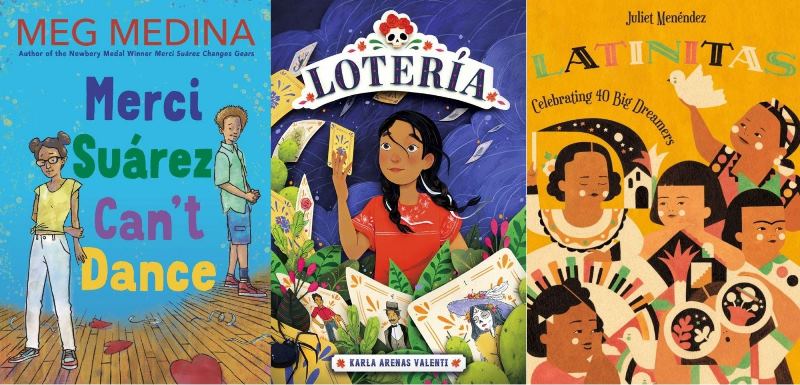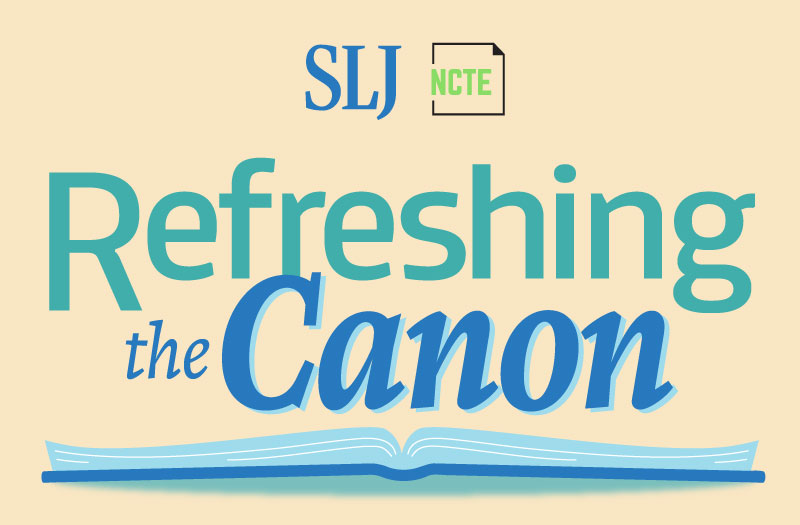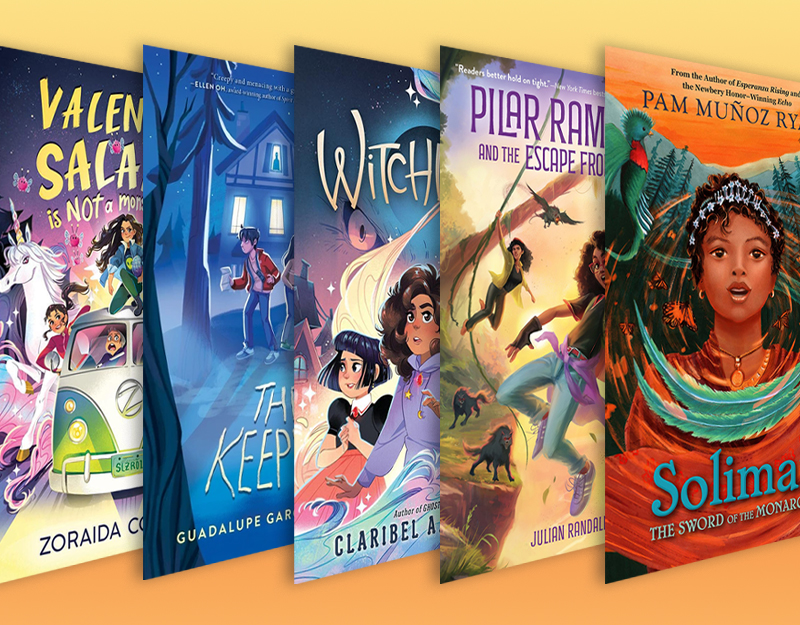Things I Never Learned in Library School: Wrestling with Pronouns
 One of the main advantages we have found in creating our Teen MakerSpace is that we actively interact with teens more. In the past, I had a teen area and would often work the Reference Desk, which was quite a distance from my teen area. Even when I would get up and wander around the teen area, it didn’t create the same types of interactions that the TMS staff and I currently find ourselves in. We are in a small, enclosed space working hands on in small group settings – sometimes one on one – with our teens and one of the benefits of that is we talk more to our teens.
One of the main advantages we have found in creating our Teen MakerSpace is that we actively interact with teens more. In the past, I had a teen area and would often work the Reference Desk, which was quite a distance from my teen area. Even when I would get up and wander around the teen area, it didn’t create the same types of interactions that the TMS staff and I currently find ourselves in. We are in a small, enclosed space working hands on in small group settings – sometimes one on one – with our teens and one of the benefits of that is we talk more to our teens.
Yesterday we talked about Suicide Squad, Pokemon Go, Anime and Manga. I have had in depth conversations about Twenty One Pilots, The Walking Dead and more.
But sometimes, the conversations get very serious.
Many times, the teens will talk to us about who they are dating or how they identify. Several of our teens identify as GLBTQ, and we feel honored that they feel safe enough with us in this space that they can openly and comfortably talk about who they are and what they think and feel. I have worked with teens for 22 years in public libraries and you can definitely feel the cultural shift as many more young people are being open with themselves and one another about how they identify.
ADVERTISEMENT
ADVERTISEMENT
Recently, a teen who we have worked with for years revealed that he identified as male and prefers to be referred to as he and by a masculine name. We have known this teen since early grade school days and we have previously known him as female. Everyone on my staff responded with his announcement exactly as they should, respecting his wishes without hesitation. They did, however, express one major concern. You see, this teen asked that we call him by his masculine name and pronouns, except when his family is around, because they are not dealing well with this transition. My staff expressed great stress at the possibility of slipping up in front of family and causing him problems at home. Other managers worried that the parents would be angered at staff and the library if we honored this teen’s request and they overheard us referring to their teenage child in ways that they did not embrace. It was a new and delicate position for my staff and I wanted to make sure and address their concerns.
So I have been wrestling with how to advise my staff and I took to you, my fellow professionals, on Twitter to find out more. I had heard a lot of people recently talking about using gender neutral pronouns – they/them/their – when referring to people whose gender identity you may not be familiar with. Should I train my staff to start using gender neutral pronouns, I asked? And the resounding answer was that I should not because this teen had asked specifically to be recognized as male, and we needed to respect and honor that. Respecting the wishes of the teen is of course exactly what we wish to do, though this approach does nothing to alleviate my staff’s fear that they may accidentally out this teen in front of their family, something he specifically asked us not to do.
Management in particular was and is concerned because the library’s traditional view has always been that the parent gets to decide what is right and appropriate for their minor when it comes to using the library space and resources. What happens, for example, when a parent overhears us referring to this teen as he and asks us not to support their teen in their delusions (not our belief, but a possible point of view). One way of looking at this is the parent and the teens have conflicting world views and the library is now being put in the delicate situation of having to navigate these conflicts. As a teen librarian, my desire is to honor and support the teen. But managers further up the decision making chain have legitimate concerns about things like upset parents and PR nightmares. And make no mistake, there are parts of our culture that have very equally strong opinions pro and con supporting transgender identities, which are further complicated because we are in fact dealing with a minor. Personal identity versus parental rights is a complicated issue to coach staff to navigate.
It’s also important that I note that this is the second young person I know personally who is stuck in this delicate balancing act of not upsetting their parents but trying to embrace what they feel is their authentic self. The anguish I see these young people wrestling with is truly deep and haunting. The difference between a pronoun – the difference between a he or a she – is not just about a word, it’s about a sense of self and identity. It’s about the core of who they are and how they are loved and accepted – or not – in this world and by the people whom they love the most.
We had a staff meeting and I shared with them the feedback that I had gotten about pronoun usage and its importance. You can read that discussion and feedback here, I storified it. The current consensus is that we will have a follow up conversation with this teen letting him know that we are happy to refer to him in whatever way he feels most comfortable, but that he should also be aware that staff can not guarantee that his family will never overhear us refer to him in the way that he has asked.
In the end the takeaway reminds us all that public libraries done right are in fact safe spaces for our teens. It’s an honor that our teens feel safe enough in our spaces that they can be honest with us about who they are and what they think and feel. It’s important that we respect and honor that.
Filed under: Professional Development
About Karen Jensen, MLS
Karen Jensen has been a Teen Services Librarian for almost 30 years. She created TLT in 2011 and is the co-editor of The Whole Library Handbook: Teen Services with Heather Booth (ALA Editions, 2014).
ADVERTISEMENT
ADVERTISEMENT
SLJ Blog Network
2024 Books from Pura Belpré Winners
In Memorium: The Great Étienne Delessert Passes Away
Winnie-The-Pooh | Review
Parsing Religion in Public Schools
ADVERTISEMENT








Yes.
This.
Thank you for this honest and clear account of a conversation more librarians and educators should be having.